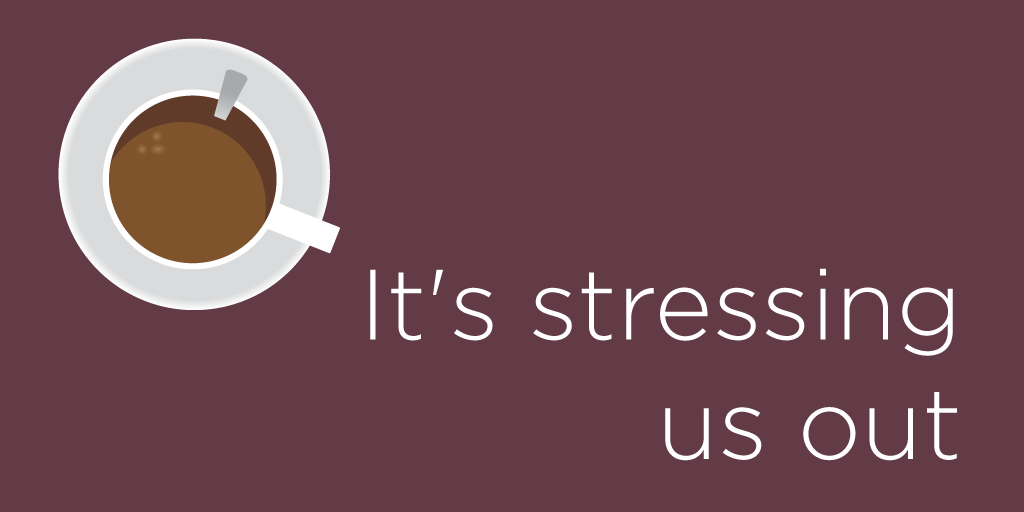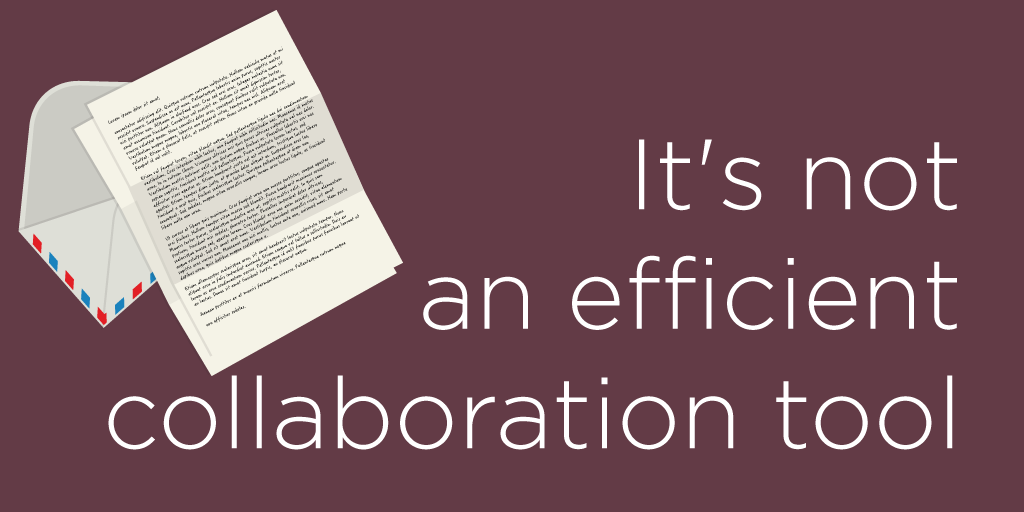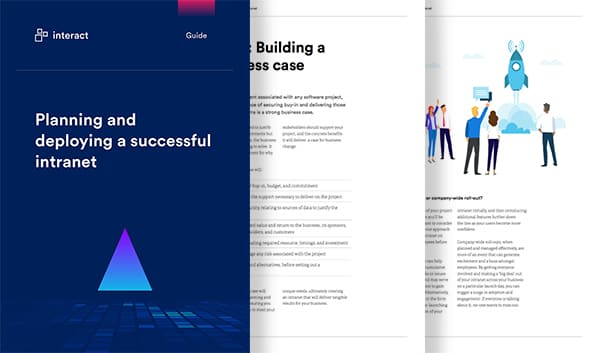5 reasons why email should be a thing of the past
The first email was allegedly sent in 1971, when programmer Ray Tomlinson sent the message “QWERTYUIOP” to another computer connected to ARPANET, a precursor to the internet we all know and love. There is no way Tomlinson could have predicted that his creation would become a Goliath – both for its impressive scope and in how it is threatened by smaller but more effective communication tools. Many workers around the world resent email for its inefficiency and the stress it causes, but we continue to use it because it is so entrenched in our day to day workflow. Ray Tomlinson’s project isn’t the be all end all of communication, and it’s time we stop settling and make improvements where they’re needed. Here are the top five reasons why email should be a thing of the past.
1. It’s stressing us out

With smartphones, tablets, and more new technology coming out every day, we are able to stay connected long past our normal working hours. In fact, 62% of people allow email to update on their personal devices 24 hours a day, seven days a week. All that connectivity has its benefits, including in the workplace, but it also has negative effects on health and wellbeing. Recent studies have found that receiving phone notifications for work emails leads to feelings of tension and worry, and the group of psychologists who conducted the study called email a “toxic source of stress.” Not only does stress deteriorate a person’s mental and physical health, which should be reason enough to cut down on emails, it also erodes their ability to do their job. According to a recent study, nearly half of employees’ work performance issues are related directly to stress. Whether you look at this issue from the angle of employee wellness or the bottom line, the message stays the same. Cut down on email, cut down on stress.
2. It’s not an efficient collaboration tool

Picture this scenario: Kathleen and Tobi are collaborating on a document. Kathleen writes a first draft and emails it to Tobi. Tobi gets the email, downloads the document, makes her corrections with changes tracked, saves a copy on her computer, attaches that copy to a new email, and sends it back to Kathleen. Wash, rinse, repeat. This process goes back and forth until eventually they have a finished product (assuming that along the way they have no technical problems, no one is confused about which version is the most up to date, etc.). Using cloud-based solutions, Kathleen and Tobi could cut out the email middle man and simply edit a master copy of the document together, from their respective machines. This may seem trivial, but the amount of time saved and clutter avoided adds up.
3. It’s distracting

According to a study by the University of California, Irvine, regaining attention after an interruption takes up to 20 minutes on average. Given the volume of emails workers send and receive (it’s estimated that 196.3 billion were sent globally in 2014!) that is a lot of 20 minute periods of decreased productivity every single day. It’s a wonder any of us ever gets work done with the constant need to check our inboxes. The worst twist in this story is that answering emails feels productive – hitting the reply button feels like an accomplishment when it is more often procrastination.
4. It eats up our time

Distraction and wasted time seem to go hand in hand. It’s worth noting exactly how much time workers spend emailing, which is between 14% and 28% of their time, depending on the source. Even at the low end, that estimate is shockingly high. 14% of every single day on email? With numbers like that, email correspondence seems to be a central component of most job descriptions. While collaboration is undeniably important, are there not better ways to do it? We live in the age of technology; we should be able to get more bang for our proverbial buck. Choosing the right solution for your organization makes the difference between productivity and stagnation, and there are ample opportunities for employees to refocus their time toward productive activities. The benefit of time well spent must certainly be worth the effort.
5. It buries knowledge

Knowledge management is a big issue for organizations, especially with growing access to large pools of data and globalized, distributed teams. Companies lose up to $5.7 million per year when employees spend excessive time searching for information or are unable to find correct information in the first place. Email contributes to this problem when knowledge is shared or discovered in a correspondence and then continues to live only in an inbox. That knowledge is quickly buried beneath the avalanche of other emails received on a daily basis. Email makes it easy to mismanage knowledge and leave crucial parties out of the loop.
Better solutions are out there
Email is not the only way to correspond and collaborate. The list of new digital tools on the market may be intimidating, but it’s worth cutting through the noise to reduce stress and improve productivity. Email has its advantages, but we aren’t doing ourselves any favors by not challenging its flaws. Tools such as intelligent intranets-which include task management systems, cloud based editing tools, and more – are powerful new technologies companies can take advantage of. Mr. Tomlinson was undoubtedly a brilliant innovator, but it’s time we stood on the shoulders of giants and looked toward a better future.
